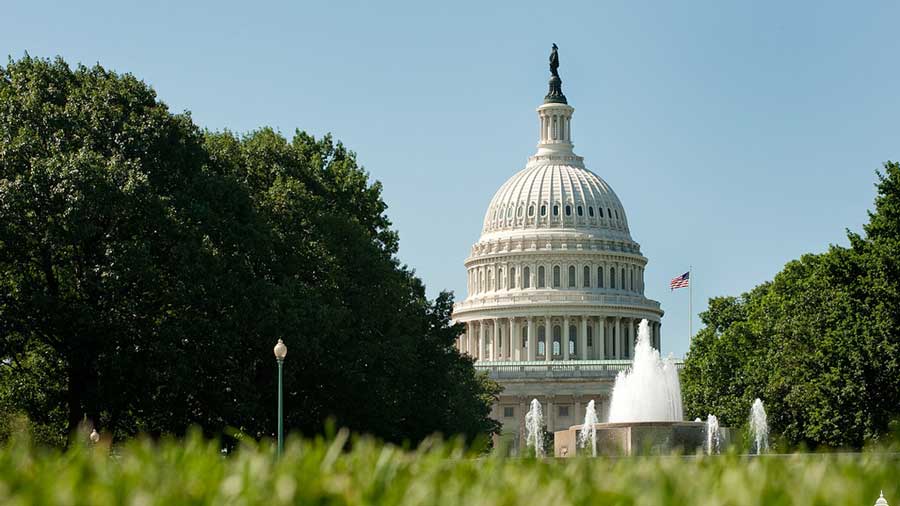Congress is Looking to Arm 'Robo' Cops

The smarter way to stay on top of broadcasting and cable industry. Sign up below
You are now subscribed
Your newsletter sign-up was successful
The secret to instantly uniting Hill Republicans and Democrats was revealed Tuesday (April 30)--invoke the billions of robocalls per year Americans are subject to.
That came in a House Communications Subcommittee hearing on more than a half dozen robocall bills meant to address that "scourge."
There will be some work to do around the edges of the bills to make them bipartisan, but the momentum for action clearly is coming from both sides.
Not all robocalls are harassing, a point both concede but that Republicans emphasize. But the majority of the calls are a barrage of unwanted scams and spoofs and pitches, illustrated by the fact that one of the legislators noted he had gotten a harassing call during the hearing.
Rep. Bob Latta (R-Ohio), author of one of the bills, talked up the Republican take on robocalls, which is to empower more info sharing between companies and the FCC, provide access to blocking technology, and to distinguish between legitimate and illegitimate robocalls. The legitimate uses, he said, include many valuable, pro-consumer applications including severe weather alerts, school closings, health reminders about prescription refills or doctors appointments, or alerts about suspicious bank activity.
Committee chairman Mike Doyle (D-Pa.) conceded the pro-consumer calls, but said they only accounted for 20% of the 48 billion total. And in the "all politics is local" category, Doyle said that residents of his hometown of Pittsburgh had received 38 million robocalls in the month of March alone. He said the problem has gotten so bad that there are YouTube videos of people getting robocalls in the middle of making videos about robocalls.*
Multiple committee members said that they were getting an earful from their constituents on the issue, and that interest had clearly translated to their respective representatives in Congress if the tenor of the hearing on the "damn calls" as one legislator dubbed them, was any indication.
The smarter way to stay on top of broadcasting and cable industry. Sign up below
Rep. Greg Walden (R-Ore.), ranking member of the parent House Energy & Commerce Committee, joked that he had once contemplated the death penalty for those pop-up ads that used to populate his computer, and that the robocall issue had risen to that same level. But Walden drew the distinction between good and bad robocalls. "I believe it is important to state that we make a clear distinction in targeting those parties that that have malicious intent as opposed to those who do not," he said.
Rep. Frank Pallone (D-N.J.), chairman of the parent committee and author of one of the bills, praised the FCC for taking action on a a reassigned number database along the lines of a proposal of his. "I applaud this action, and I look forward to the FCC getting this database operational as quickly as possible."
His bill would update the definition of autodialer so there were not any technical workaround that scammers could exploit.
Pallone noted that the FCC was also working on a new definition and urged it to make it a consumer-, rather than industry-focused definition, "so that Congress doesn’t have to redo its work."
*Editor's note. The reporter's daughter overheard the hearing stream and, on her way upstairs to recommend John Oliver's riff on robocalls, got a robocall.
Contributing editor John Eggerton has been an editor and/or writer on media regulation, legislation and policy for over four decades, including covering the FCC, FTC, Congress, the major media trade associations, and the federal courts. In addition to Multichannel News and Broadcasting + Cable, his work has appeared in Radio World, TV Technology, TV Fax, This Week in Consumer Electronics, Variety and the Encyclopedia Britannica.

